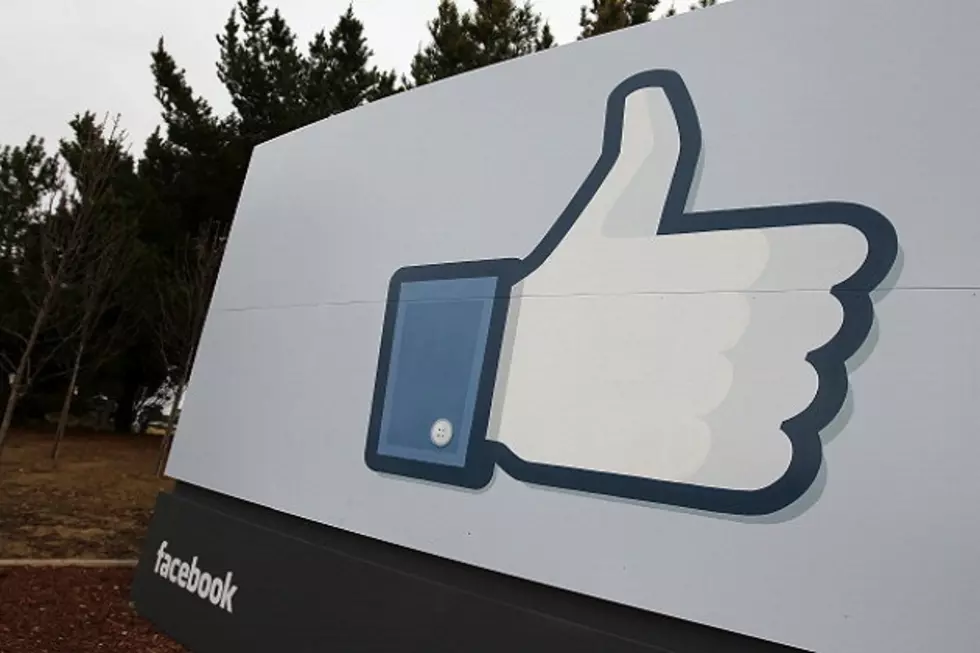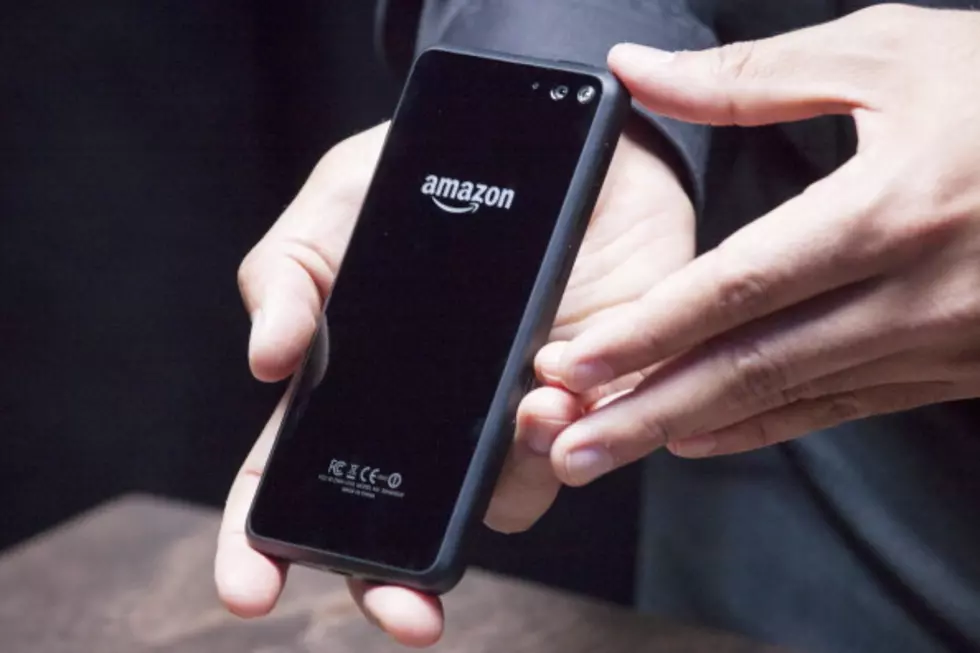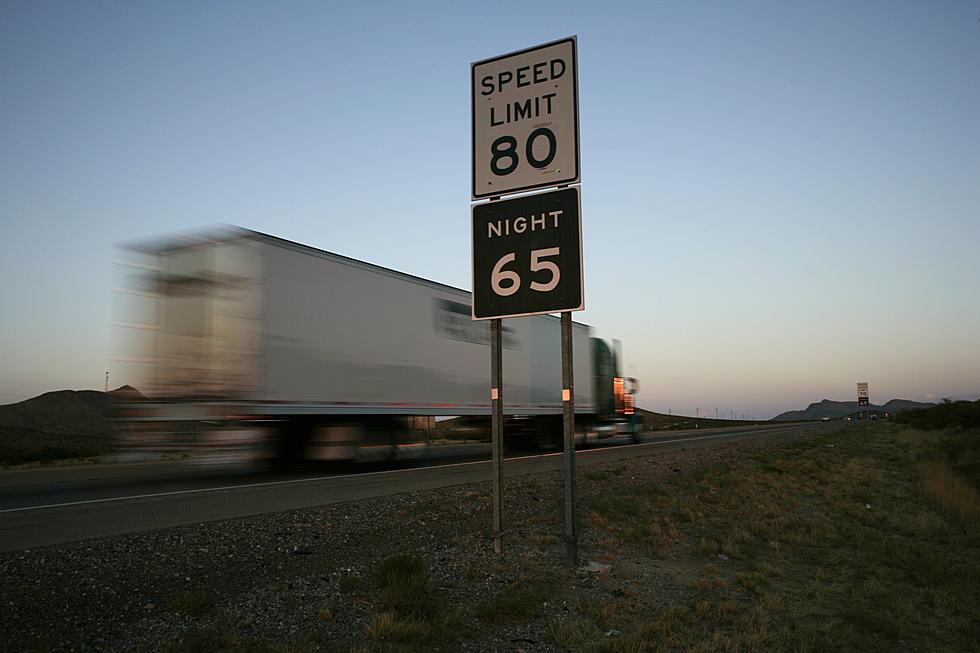
What to Know Before You Buy A Digital Camera – The Geek Girl Report
With built-in cameras becoming a standard feature on smartphones, some would argue that the digital camera market is slowly fading out. But, there are sometimes where your phone's camera isn't going to cut it. If you're going on vacation, or to a special event like a wedding, or even a road trip with your buddies, you might want to look into a full-fledged digital camera. Over the weekend, I wanted to purchase a camera for my upcoming summer vacation, and I finally decided on the Canon PowerShot ELPH 300 HS. It may not be the camera for everybody, but for my vacation photos, it will be a perfect match. If you're looking to buy a digital camera too, here's a few things to consider:
Purpose
It seems like a no-brainer, but before you buy a camera, you really need to think about what you're using it for. The camera needs of an aspiring nature photographer, for example, are going to be very different from those of Mr. Average Joe on vacation. You need to think about what kind of pictures you'll be taking (People? Places? Random objects?), where you'll be taking them (Indoors? Outdoors?), what conditions you'll be taking them in (Low light? Bright light? "Extreme" conditions?), and things like this. In my case, I was looking for a small, durable, point-and-shoot camera that was easy to use, but still took high-quality pictures.
Budget
Once you know the kind of camera you're looking for, you can start focusing on a budget. Most of your name brand, consumer level cameras will fall somewhere in the $250-$350 range. But if you're aiming to shoot like the pros and get a professional-grade camera, you could be looking at well over $1,000! This is another reason to know what you'll be using the camera for; it'll help you narrow down what sort of features you want in a camera and keep you from overspending of bells and whistles you may not need. For me, a simple $250 camera was all I needed. (and the fact that I got it on sale for nearly half-price was even sweeter!)
Resolution
It's all about the megapixels, or at least, that's what it seems like. But resolution isn't as important as everyone makes it out to be. If you're planning on making physical prints of your photos, then you'll want more megapixels so your photos will retain their quality no matter what size you print them. However, all you really need is about 5 or 6 megapixels to take good pictures. The problem is, most consumer-level cameras come with over double that amount, such as the 12 megapixels my camera comes with.
Also, you might want to take a look at the camera's sensor size. A larger sensor size results in higher quality photos in low light. (which could prove very useful if you're going to a some place like a wedding or a prom...)
Zoom
This is one of those features that, depending on how you're going to use your camera, is either really important or not so much. Regardless, make sure you're looking at the camera's optical zoom, not the digital zoom. Digital zoom will enlarge the pixels on your camera, making the subject of the photo bigger, but it also has a bad effect on the photo's quality. As far as how big of a zoom you want, you should go for at the very least, a 3x zoom. (which makes your subjects 3 times larger) But if you're going to be taking more pictures from farther away, like taking pictures of the shoreline from a boat, for example, you might want to go for a 5x zoom, which is what I finally decided on.
Other?
Of course, there are plenty of other things to consider when you're looking to buy a digital camera. Things such as battery life, LCD display, video recording capabilities, memory capacity, how it connects to your computer, even how a camera looks and feels in your hands could be the big selling point for some. How much thought you put into the other features will depend on what you'll be using the camera for. Some other features I was looking for was something small and lightweight, with external memory and easy transfer of my photos from the camera to my computer.
More From News/Talk 95.1 & 790 KFYO





![The Geek Girl Report: Sci-fi, Shooters, Space Adventures And…Squids? A Look Back At E3 2014 [Part 1]](http://townsquare.media/site/192/files/2014/06/450394550.jpg?w=980&q=75)



